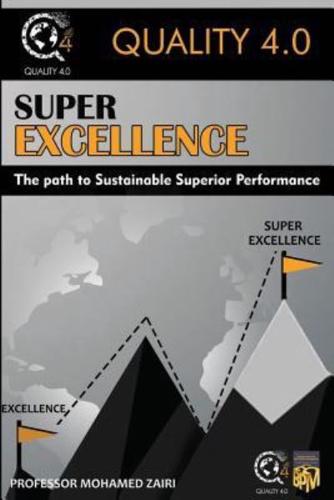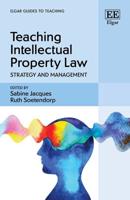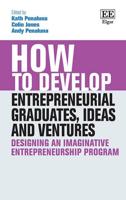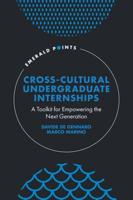Publisher's Synopsis
The "Super Excellence" title provides a rich menu of solutions and ideas on how to drive excellence in its new meaning in the context of the digital revolution and how to pave the way for a path that can lead to sustainable superior performance.The start of the end of excellence as we know itThe quality profession has continued to take the view that measuring up against criteria of excellence that were set thirty years ago is a valid argument. Further, it continues to be considered a mindset that is powerful enough to induce the practice of quality and support the nudging, growth and development of organisations aspiring to become excellent, and also to create elite categories of role model organisations that can claim to have achieved dominant positions in the practice of excellence as we know it. The reality, however, demonstrates that the world around us has changed enormously and all of the industries that serve the world with products and services have either been disrupted by the introduction of digital technology, or in many cases, have disrupted the innovative thinking that drives specific sectors, in order to create new momentum, new high levels of performance.If one looks, for instance, at the list of most admired companies in the world in 2017 (Fortune List 2017), none of the top ten organisations are associated with either using the principles of excellence via the Malcolm Baldrige National Quality Award or the European Quality Award, and none have been previous winners of these prestigious awards. Starting, for instance, with Apple in the computer industry, they are admired for their constant disruptiveness and the power of their innovative thinking in producing generations of sophisticated and desired innovations. Amazon, which was classified as the second most admired company in 2017 and represents top-level internet services and retailing, has also continued to pioneer with its disruptive thinking in the fields of distribution and retailing, using the power of technology and, more and more, using digital tools for reaching out to the global consumer society. Starbucks, classified as the third most admired company, represents the food services sector and is recognised for its consumer experience supremacy. Disney, as a similar example, has been a pioneer in the field of entertainment with augmented reality and theme parks and provides memorable experiences to consumers. South West Airlines, classified as number eight in the Fortune classification of the world's most admired companies, is known as the best provider of customer experiences in the airline industry. Nike, ranked number 12, is in the apparel business sector and continues to leverage from its global brand. It reaches out to the young consumer population via its innovation and close relationships with its loyal global consumer population, using, for instance, the principles of co-creation for driving disruptive innovation. These developments tell us several things and, unfortunately, as a result of the obstinacy of quality professionals, various messages have not been heeded. The static thinking of the quality and excellence philosophy is driving the extinction of the quality profession, whilst the world continues to move on disrupting, absorbing digital technology and looking for higher levels of consumer satisfaction. It is developing new capabilities for future competiveness, totally redefined and totally divorced from the previous concepts of quality and excellence that helped drive competitiveness in different parts of the world.










